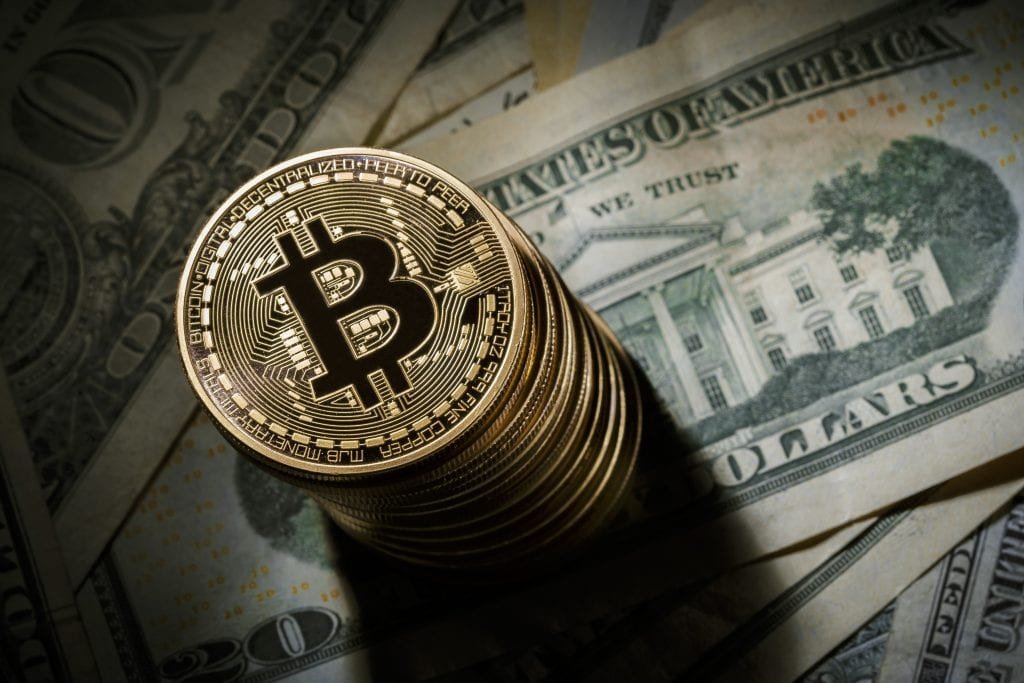El Salvador’s Bitcoin Legal Tender Status Raises Global Concerns

El Salvador has been attempting to raise $1 billion to fund its economic policies. In September 2021, the country began allowing its people to use Bitcoin Profit in all forms of transactions. People could use the coin just like the US dollar. While this development is taking place, the IMF is raising concerns about the potential risks associated with the move. The world monetary organization has asked the Central American nation’s government to make changes to its Bitcoin law to downplay its role in its economy.
El Salvador to Raise $1 Billion in Bitcoin-based Sovereign Fund
The country’s president held a concert-like beachside event a few months ago and invited Samson Mow on stage as a guest. Mow is a Canadian bitcoin enthusiast and videogame developer. Mow, the founder, and CEO of Pixelmatic revealed El Salvador’s novel finance concept to the world. The country plans to raise $1 billion through a Bitcoin-backed sovereign bond.
The decision received mixed responses at the time. Many protestors claimed it would cause inflation and instability in the nation. Some of the key features of the country’s Bitcoin move have been as follows:
- The government released a special digital wallet app that rewarded its citizens with $30 worth of BTC.
- Over 200 new cash machines were installed throughout the country.
- The government projected that the move could help boost the nation’s employment rate and development.
- The new law meant that all businessesare required to accept the digital coin as a form of payment.
- El Salvador’s president also made an announcement about building a Bitcoin city. The city’s development would be funded by the cryptocurrency.
With this announcement, El Salvadorians will be able to use Bitcoins in more places than just a Bitcoin Trading Platform.
IMF’s Response
IMF, in a recent announcement, alerted the nation’s government of its perceived risks of accepting cryptocurrency as a legal tender in the country. The global financial institution made it clear that it would become harder for the country to get future loans from it.
The institution has asked the government to remove BTC’s status as legal tender. It has emphasized certain major risks linked with its use to different aspects of the economy including:
- Financial stability
- Consumer protection
- Financial integrity
It has also raised concerns about the government’s issuance of BTC-based sovereign bonds.
Impact on the US Financial System
While El Salvador has been busy pushing Bitcoin for widespread acceptance in its financial system, some developments have recently been taking place in the U.S. to mitigate the potential impact on the U.S. economy. Some U.S. senators have introduced a bill asking the State Department to review the Central American nation’s Bitcoin Law.
The senators seek the Department to create a plan to overcome any potential risks. The bill is titled accountability for Cryptocurrency in El Salvador (ACES) Act. If passed, it provides the State Department a period of 60 days to develop a review report.
How Does the Bitcoin Law Affect US Economy?
According to concerned lawmakers in the U.S., the Bitcoin Law in El Salvador can weaken the impact of U.S. sanctions policy. This can cause ‘malign actors’ including organized crime and China to become empowered.
The proposed legislation is aimed at seeking more clarity on the Central American nation’s BTC policy. It also requires the U.S. administration to identify and mitigate any potential risks. In response, El Salvador’s president took to Twitter, calling the U.S. lawmakers ‘boomers’. He asked the lawmakers to stay out of the country’s internal affairs.
Opposition to El Salvador’s Law
Besides the IMF, the Bitcoin Law has raised concerns from the World Bank and JP Morgan. As mentioned above, many El Salvador citizens have also protested against it. The country’s president often tweets about his purchasing more BTC. While many major merchants such as Starbucks and McDonald’s have been found to be accepting the digital coin, the ordinary citizens still have lack clarity about the policy.
At the time the IMF released its second warning to the El Salvador government, BTC had fallen almost 50% compared to its peak value in November. The overall crypto market had lost a staggering $1 trillion in value. However, BTC’s price has recovered significantly since then. El Salvador’s government has spent around $85.5 million on BTC since passing the Bitcoin Law.
Digital marketing enthusiast and industry professional in Digital technologies, Technology News, Mobile phones, software, gadgets with vast experience in the tech industry, I have a keen interest in technology, News breaking.











